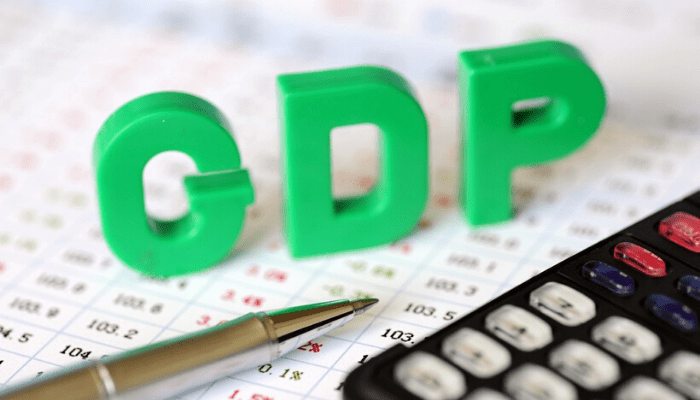Ghana has achieved its fastest economic growth in almost five years, posting a 7.2% increase in gross domestic product during the third quarter of the year. This impressive performance comes on the heels of a closely watched presidential election that has drawn international attention for its democratic process.
Government Statistician Samuel Kobina Anni revealed the economic data in Accra, highlighting a significant acceleration from the previous quarter’s 7% growth. The figure exceeded economists’ expectations, with the median Bloomberg survey estimate projecting a more conservative 5.4% expansion.
The industrial sector emerged as the primary driver of this economic resurgence, recording a remarkable 10.4% annual growth. Mining and quarrying sectors were particularly notable, experiencing a striking 17.1% increase and continuing their fourth consecutive quarter of expansion.
Services sectors also demonstrated strong performance, with growth climbing to 6.4% from 5.7%. The information and communications sector was especially dynamic, posting an impressive 17.1% jump.
However, the agricultural sector presented a more complex picture. While overall agricultural growth slowed to 3.2% from the previous 6%, the sector’s performance was significantly impacted by a substantial 26% contraction in cocoa production. This marks the fifth consecutive quarter of decline for Ghana’s critical cocoa industry.
The challenges facing cocoa production are multifaceted, including adverse weather conditions, crop diseases, agricultural input shortages, and cross-border bean smuggling where higher prices incentivize illegal exports.
These economic figures emerged shortly after Ghana’s recent presidential election, which saw the return of former President John Mahama. Voters expressed significant discontent with the incumbent administration, particularly regarding the cost-of-living crisis that has challenged the nation.
Ghana continues to navigate a challenging economic landscape, currently implementing an International Monetary Fund program that includes stringent austerity measures. The country is also in the process of emerging from a prolonged debt restructuring period.
The economic data provided a momentary boost to the local currency, with the cedi rising 0.3% to nearly a seven-month high against the dollar.

Leave a Reply